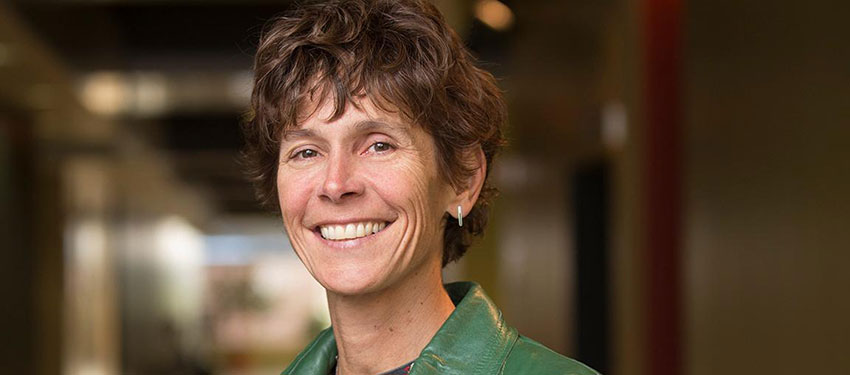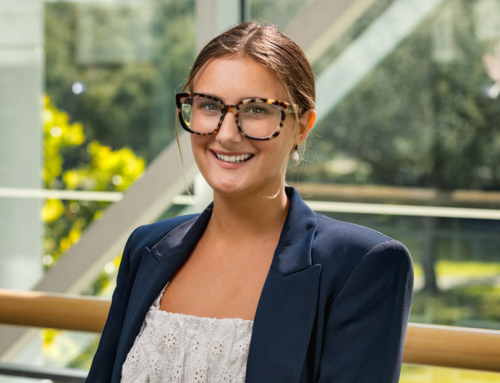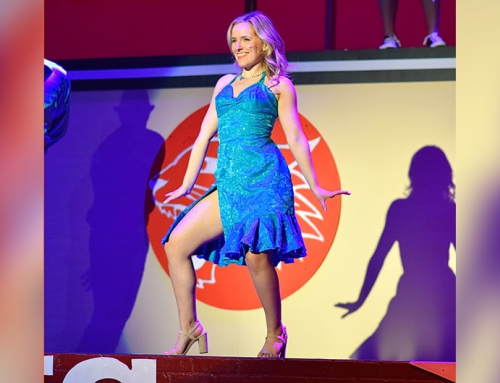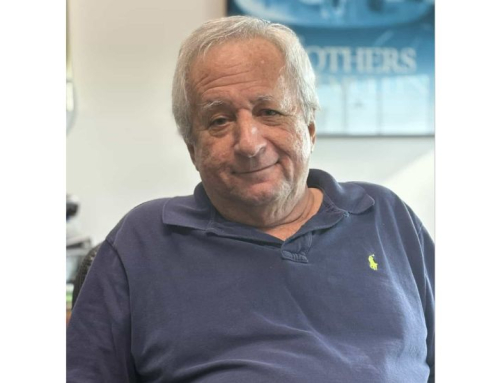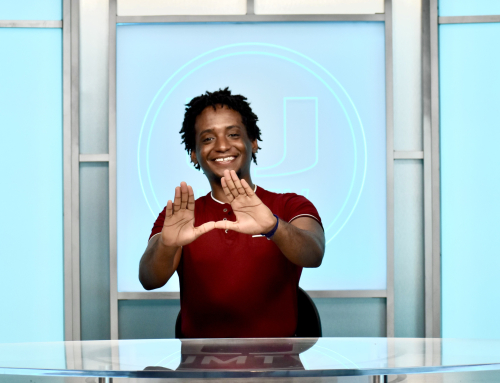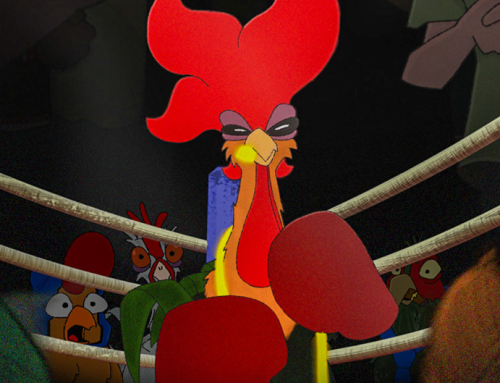Communication plays a significant role in the framing of environmental problems as well as in the articulation of solutions. What kinds of strategies and platforms are artists and documentary makers using to communicate thorny environmental concerns that are often out of sight and out of mind? What kinds of stories, visualizations and outreach initiatives encourage viewers to get involved? Spring 2018 Visiting Knight Chair, Elizabeth “Liz” Miller, will offer a unique course this spring that will give students the opportunity to answer these questions by exploring a range of short, long-form, cross-platform, and collaborative projects that have been used to shift perspectives, policy, or education. Students in the course will also collaborate on a local documentary project.
Miller is a professor in Communication Studies at Concordia University in Montreal and teaches courses in media production, media and the environment, documentary production, and multi-platform media advocacy. Her films/educational campaigns on timely issues such as gender and climate change (Hands-on), water privatization (The Water Front), gender rights (En la Casa), and refugee rights (Mapping Memories) have won international awards, been integrated into educational curricula, and influenced decision makers.
As an independent documentary maker, trans-media artist, and professor who lived in Central and South America for over six years, Miller is committed to producing work that connects individuals across cultures. Her new project, The Shore Line, ( (http://theshorelineproject.org/) is an interactive documentary looking at the tensions between unchecked development and climate change on coastal towns and cities around the world. Miller’s course will be offered as a combined section of CIM 495/795 and JMM592/692 in the spring.
